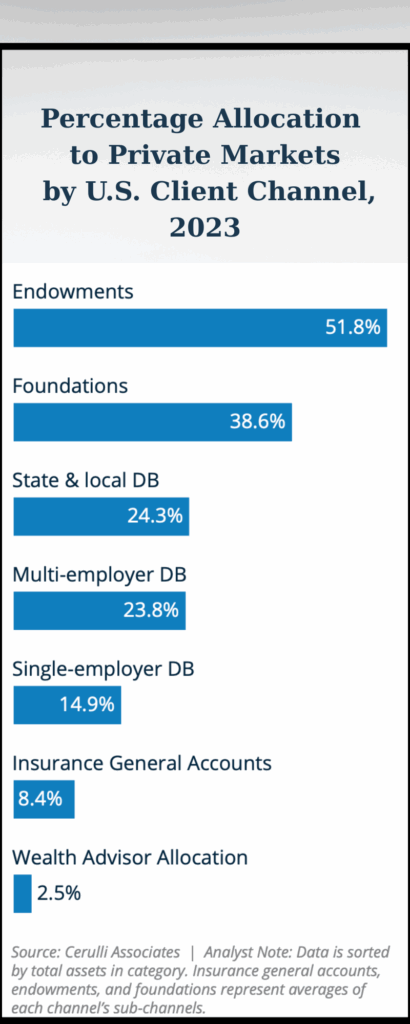More than four in five women take their Social Security benefits before their full retirement age (FRA), which provides immediate income but locks in a lower payment for life, according a survey by Nationwide Retirement Institute. Only 15% of women waited until their FRA and only three percent took it later.
“Some [women] mistakenly believe taking it earlier will result in more money over the long run, while others may have been forced into retirement early and need the money,” said Shawn Britt, director of advanced consulting for Nationwide.
Women who took their benefit early reported an average monthly payment of $1,025. Those who collected it at their full retirement age had an average $1,270 monthly payment. Only ten of the 471 women surveyed by Harris Poll on behalf of Nationwide delayed collecting their benefit until 70. They reported an average monthly payment of $1,630, or 59% more than if they had taken it early.
“Many people are not aware of the different options available for taking Social Security income. For example, married women might think about having their husband file and suspend, which will still allow the wife to collect spousal benefits,” Britt said. “The husband will then wait to age 70 to take his. That way, if he dies, she ends up with a much higher payment as a widow.”
“Too many spouses think they can’t do this because they still work. That’s a huge mistake and you can’t go back to correct it later and get that money back,” she added.
Filing early also makes sense if you’re in poor health and don’t expect to live long. But more often than not, the decision is tied to an incorrect expectation about longevity or fear of Social Security running out of money.
“Many people file early because they think ‘Once I am in the system they can’t kick me out.’” Britt said. “Others miscalculate how long they have until they break even. Many think it’s 85, but for many people it is around 80.” Women’s average life expectancy at age 65 is 86, with one in four 65-year-old women reaching 92, Nationwide said.
In the survey of 471 women aged 50 or older who were either already retired or plan to retire in the next 10 years, only 29% said life was better than before retirement and 28% said life is worse. For those who said it’s worse, most said it’s due to lack of income in retirement and higher-than-expected expenses.
Since Social Security benefits are based on average earnings over the best 35 years of a career, women are often penalized for leaving the workforce to raise children or care for a parent.
“Some women have to retire early to care for an elderly parent who has no long-term care coverage,” Britt said. “Women caregivers are two-and-a-half times more likely to end up in poverty and five times more likely to depend primarily on Social Security for income.
“Having children and being a caregiver can cost women $565,000 in lifetime earnings; plus $25,400 in Social Security benefits and $67,000 in pension benefits,” she added. More than 2.6 million women over the age of 65 lived in poverty in 2012, according to an analysis from the National Women’s Law Center.
Women not working with a financial advisor are nearly three times as likely than those who do to say their Social Security payment was less or much less than expected (37% vs. 13%), the surveyed showed. Yet, only 33% of women work with a financial advisor.
The 2014 Social Security Study was conducted online within the U.S. by Harris Poll on behalf of Nationwide Financial between Feb. 27 and March 4, 2014. The respondents comprised a representative sample of 471 U.S. women aged 50 or older who are either retired or plan to retire in the next 10 years. Results were weighted to the U.S. General Online Population of adults by race/ethnicity, education and region.
© 2014 RIJ Publishing LLC. All rights reserved.


